In today’s interconnected world, understanding the intricacies of global trade logistics is essential for businesses and individuals alike. This post aims to demystify the complex system that moves goods around the globe with a simple, engaging explanation of its key components.
Understanding the Supply Chain
The supply chain is the backbone of global trade logistics, integrating key elements such as producing, handling, shipping, and distributing goods. A seamless chain from manufacturers to end customers is vital for the efficiency of global trade, involving complex operations and various stakeholders. Success in global trade heavily relies on meticulous planning and the integration of operations across the globe, drawing on insights from effective supply chain management practices.
Companies now face the challenge of managing cross-border logistics and complying with diverse regulations. These developments necessitate a more in-depth understanding and implementation of advanced logistics strategies, further amplifying the importance of skilled logistics partners.
The Role of Freight Forwarders
Freight forwarders are key players in global trade logistics, offering expertise that simplifies the complexity of international shipping. They act as intermediaries between shippers and transportation services, handling the details of navigating through multiple shipping routes, negotiating freight charges, and ensuring compliance with foreign and domestic shipping regulations. Effective freight forwarding can significantly reduce the costs and improve the efficiency of international shipping, which is essential for businesses expanding their operations globally.
Their in-depth knowledge of customs clearance, documentation requirements, and local regulations is invaluable, especially when shipping to or from markets with stringent trade regulations.
Importance of Customs and Regulations
Customs regulations play a crucial role in global trade logistics, affecting how quickly and smoothly goods can move across borders. Understanding US customs regulations is crucial for businesses to avoid delays, penalties, and additional costs. Customs demands accurate documentation, adherence to import/export restrictions, and the proper classification of goods, necessitating a comprehensive grasp of international trade laws to navigate efficiently.
Transportation Modes and Their Impact
Choosing the right mode of transportation is critical in global trade logistics. Factors to consider include speed, cost, and the nature of the good being shipped. Ocean freight and air freight are the two pivotal modes. While ocean freight is generally more cost-effective and capable of handling large volumes of goods, air freight is faster and more reliable for time-sensitive shipments, albeit at a higher cost. The balance between cost and speed is crucial in deciding the most suitable transportation method for international trade.
Warehousing and Distribution Strategies
Efficient warehousing and distribution strategies are essential components of global trade logistics, impacting the overall lead times and reliability of supply chains. Strategic location of warehousing facilities, effective inventory management, and seamless distribution networks ensure that products are stored safely and delivered timely across the globe. This requires a strategic approach to choosing locations and partners that can offer scalable solutions to meet changing market demands.
Technology’s Role in Streamlining Logistics
Technology plays a pivotal role in streamlining the complexities of global trade logistics. From tracking and managing shipments in real-time to simplifying customs clearance processes, technological innovations offer unprecedented visibility and efficiency. Tools like RFID tagging, GPS tracking, and blockchain for secure and transparent documentation processes are revolutionizing the way goods are moved and managed across the globe. Embracing these technological solutions enables companies to optimize their logistics operations, reduce errors, and enhance customer satisfaction.
The Importance of Insurance and Risk Management
The global nature of trade logistics inherently comes with risks—ranging from damage and loss of goods to delays and legal challenges. That’s why insurance and comprehensive risk management strategies are indispensable. They protect businesses financially from unforeseen events and provide a safety net for goods in transit. Understanding and selecting the right type of freight insurance is critical to mitigate these risks effectively.
Navigating International Trade Agreements
International trade agreements significantly impact global trade logistics by shaping trade policies, tariffs, and regulations. Businesses must understand and leverage these agreements to optimize their operations. Trade agreements can facilitate access to new markets and improve competitive edge by lowering trade barriers. Keeping abreast with the latest trade agreements and regulations is crucial for businesses aiming to expand globally.
Navigating the Complexities of Global Trade Logistics
Mastering the elements of global trade logistics is crucial for optimizing your business’s supply chain or simply for gaining a better understanding of how the world’s markets operate. By familiarizing yourself with the components outlined above, you’ll be better equipped to navigate the complexities of international trade. Discover how our expertise can streamline your logistics by visiting CBM Ship.





Comments are closed